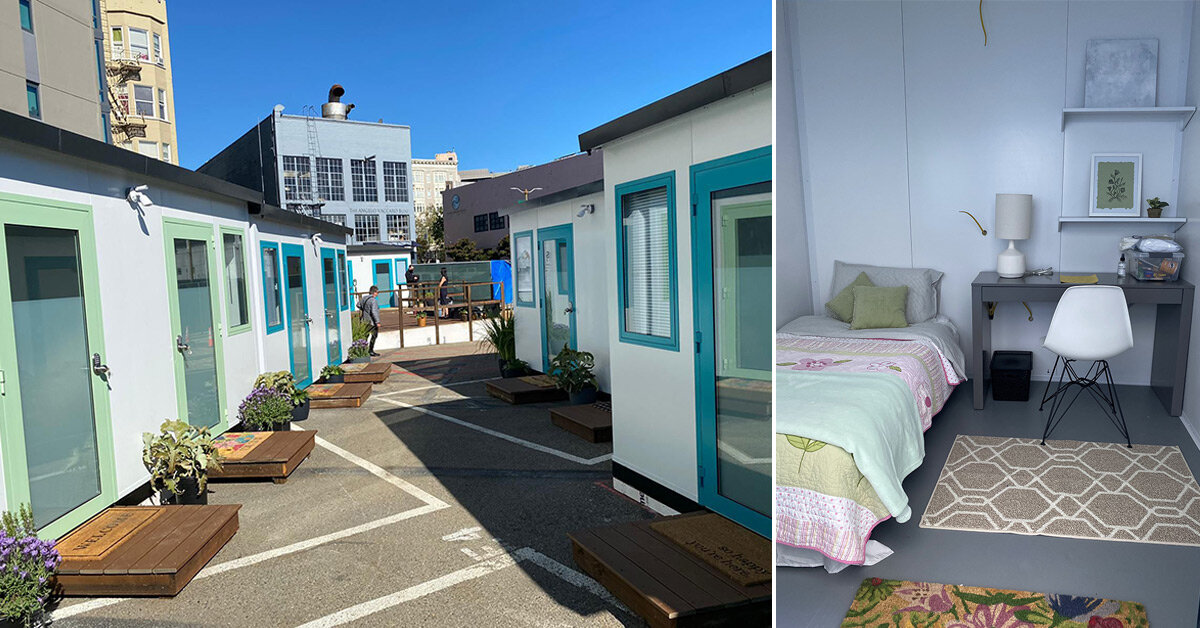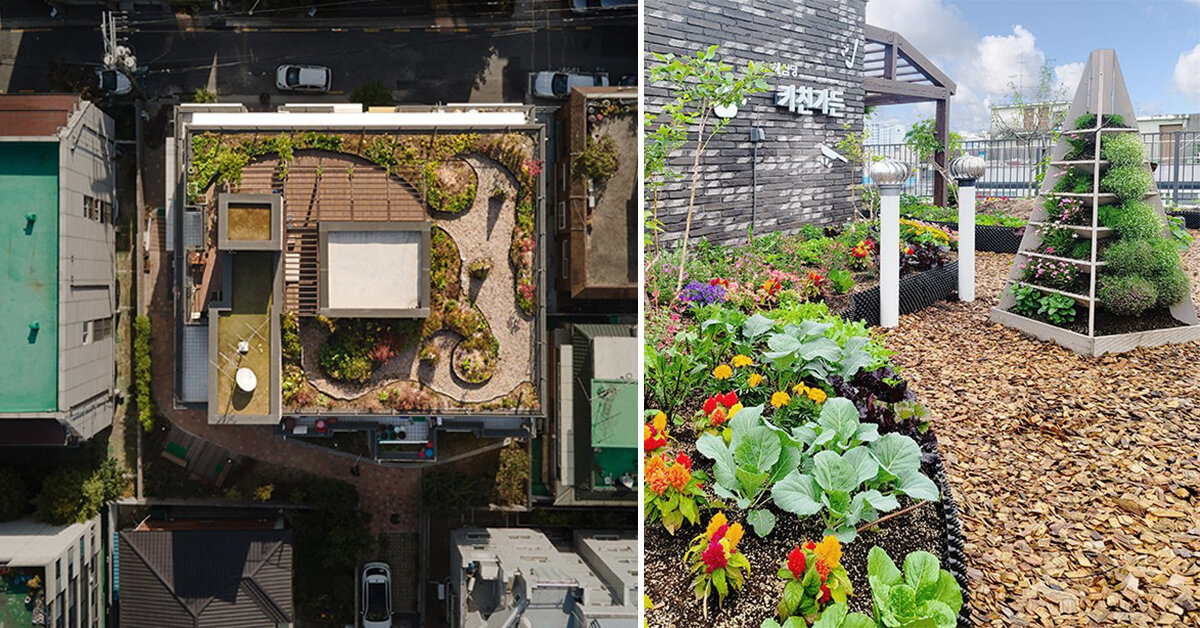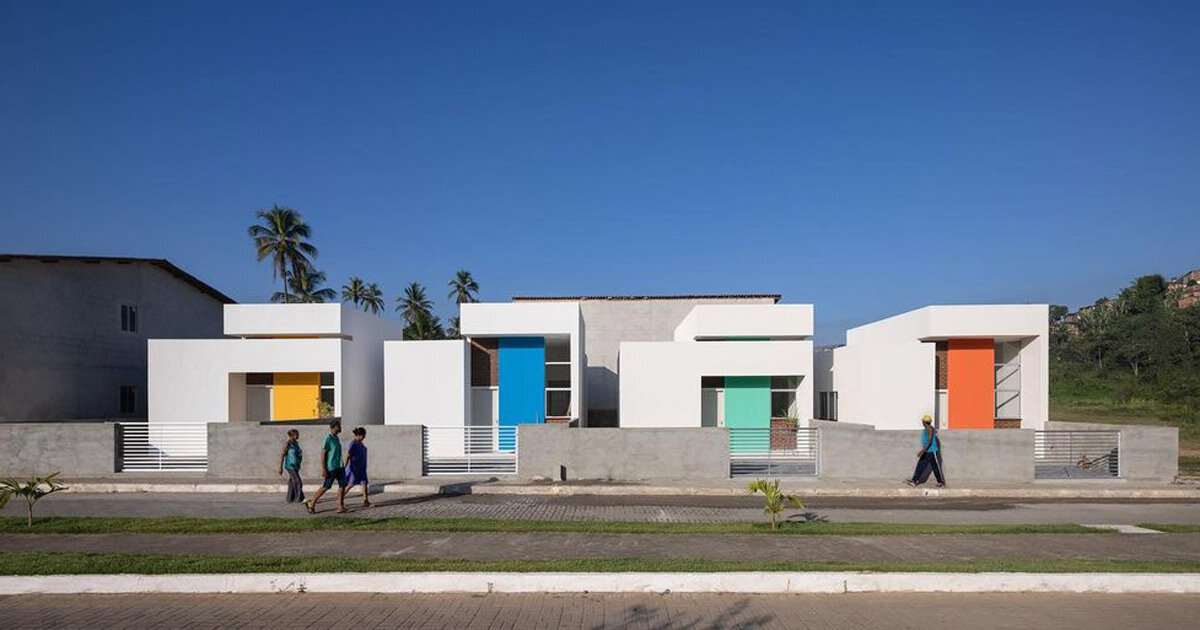Some notes and questions on the documentary W1555 – Conversations with an Accidental Community
Why did the documentary stay so firmly within the bubble of W1555 residents, or, to be more precise:
Why was the neighborhood of W1555 only referred to in the third person? Why were there no conversations with people in living in Oud Charlois as neighbors of W1555? Why was, apparently, not the whole neighborhood invited for the screening of the film? (That became obvious on the second screening night when a man angrily complained about the noise on the street.)
Why the lack of reflection on class and race in the film (both in the interview statements included in the film and in the selection of people given a voice in it) when the subject matter - social housing in Rotterdam - has so much to do with it? Why no (historical and present-day) research into the politics of housing in Rotterdam South? Why no reflection on “creative class” gentrification and the larger political agenda behind it (among others, through the City Council and the National Program Rotterdam South with its declared agenda of ending the so-called “Un-Dutch problems” of Rotterdam South)? With more than one hour running time of the film, there would have been enough room for digging deeper.
Why no appearance, and not even a mention, of the people who put so much work, heart, caretaking and emotional labor into the Wolphaertstraat community, like Kamiel Verschuren? Why no appearance or mention of people who were centrally involved in W1555 but quit because they were critical of its politics, like Jeroen Jongeleen?
Why no questions or research about what happened to the former precarious inhabitants of Wolphaertstraat - such as the drug addicts who were repeatedly mentioned by the interview partners? Why that indifference by everyone?
My video [made from more than 2000 high-speed still photos] of the open air screening/premiere of W1555 – Conversations with an Accidental Community, a documentary by Honey Jones-Hughes on the artist-run housing project W1555 in Rotterdam, Oud-Charlois, Wolphaertstraat, screened at Charlois Speciaal festival August 15 2020:
https://vimeo.com/448329128
#art #housing #artist-run #Rotterdam #Netherlands #gentrification #socialhousing


